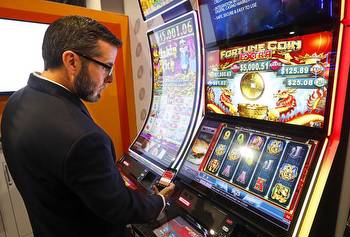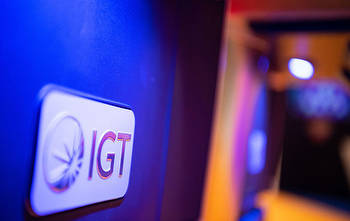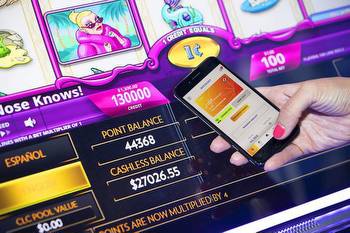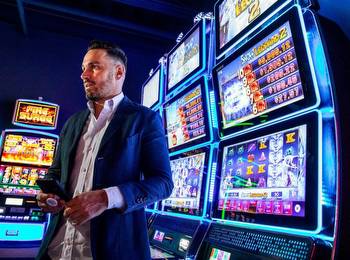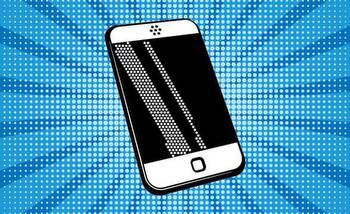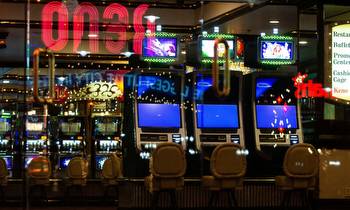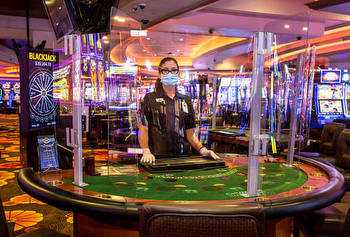Casinos Consider Cashless Gambling to Fight Coronavirus

The U.S. casino industry remains a bastion of cash in an increasingly cashless world, where high-security vaults storing millions of dollars have inspired heist movies and the living-large vibe of Las Vegas is ferried in bags bulging with currency.
But thehas generated concern over bills circulating among hundreds of hands on the casino floor, and that is pushing casinos toward cashless technology after years of discussion.
The Nevada Gaming Commission, which oversees casinos, on Thursday approved rule changes that clear the way for wider use of cashless wagering in casinos. The American Gaming Association, an industry trade group, this month gave state and tribal regulators a list of priorities for modernizing payment systems.
Cashless payments through mobile phones and digital wallets—paying for poker chips or slot-machine credits like a cup of coffee fromStarbucks—would bring bricks-and-mortar casinos more in line with modern life. Fears over the spread of Covid-19 are leading to broader consumer adoption of mobile-phone payment systems such as ApplePay or Starbucks’ app to avoid contact at cash registers. In late March, about 27% of business owners reported an increase in contactless payments, according to a survey by the Electronic Transactions Association, a payment technology trade group, and the Strawhecker Group, a consulting firm for the payments industry.
In the early 2000s, casinos did away with buckets of coins, adopting slot machines that use paper money and give gamblers tickets for winnings that can be cashed out or used at other machines. Now, video slot machines shower jackpot winners with the sound of clattering coins.
More recently, attempts to introduce more cashless options in casinos failed with obstacles like the right technology and concerns over problem gambling, said Kirk Sanford, founder and chief executive of Sightline Payments LLC, a payment-technology developer in the gambling space.
“As a result of that, the casino industry became—and is still to this day—the largest cash-based ecosystem on the planet,” Mr. Sanford said.
Proponents of electronic transfers say they make it easier to track suspicious activities that could signal money-laundering and allow for setting limits on accounts. Electronic payments also mean less touching ATM buttons or interaction with cashiers, they say.
Phil Katsaros,a member of the Nevada Gaming Control Board, which enforces regulations and makes recommendations to the Gaming Commission, said the pandemic might accelerate adoption of cashless payments on casino floors.
“The success of this hinges on player acceptance,” Mr. Katsaros said. “The player acceptance hinges on the operators themselves convincing players to sign up for this.”
One challenge is that players may not have embraced mobile payments in other parts of life. In addition, cash might still appeal to people who would like some anonymity while gambling, according to people in the industry.
There are concerns among problem-gambling advocates about the impact of going cashless. The stresses of Covid-19 have increased risk factors for gambling problems like addiction, and going cashless during this crisis increases the risk, said Keith Whyte, executive director of the National Council on Problem Gambling, a private group that is neither for nor against gambling.
“The faster you can access your funds and in some cases drain an entire bank account is a concern for people with gambling problems who tend to be highly impulsive,” Mr. Whyte said.
But cashless technology has the potential to provide some protection, including allowing gamblers to set limits on access to their own bank accounts, he said, such as capping gambling to two hours or $500. “While no type of money can be safe for someone with a massive gambling problem, there are ways to use technology to reduce the risk,” he said.
Penn National Gaming Inc.,which operates 41 gambling properties in 19 states, intends to test phone-based cashless systems in four Pennsylvania properties including technology inside two new casinos opening within the next year, said Todd George, the company’s executive vice president of operations.
“It’s catching up with the rest of today’s society,” Mr. George said.









